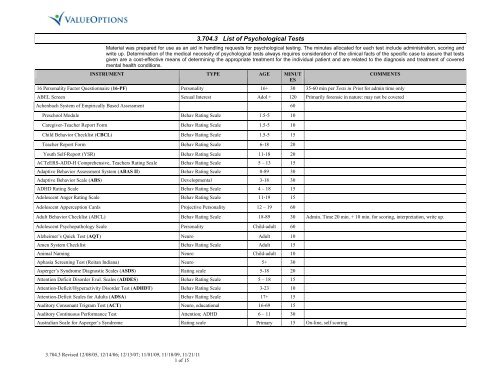
N., was admitted for hospitalization complaining of severe stomach pains and rectal bleeding. Psychologic assessment revealed an organic brain syndrome indicating greater individual care and a lower expectation of his performance.Ī 21-year-old single male, Mr. He was verbally punitive and intrusive of other patients" privacy. L., a 68-year-old retired dentist, had severe behavioral management problems with the nursing staff. Recommendations included a drug rehabilitation program and stress management techniques.ĭr. Psychologic assessment data were consistent with a pattern of addictive behavior and poor coping mechanisms under stressful conditions. This pattern repeated itself several times. Severe debilitation would ensue following outpatient treatments, after which he would be hospitalized. He had a history of noncompliance with both drugs and nutrition regimens. was a 35-year-old single salesman hospitalized for gastrointestinal problems associated with a previous operation. Some of the more typical situations include compliance, behavioral management, affirmation of clinical findings, the use of supportive drug therapies, and continuity of care issues.įive case examples are offered to illustrate the above situations. In our clinical experience, there are a myriad of circumstances requiring psychologic consultation either to assist in or rule out medical intervention. As with medical diagnostic procedures, we are interested in finding answers to diagnostic questions that cannot be obtained through direct observation or interview. The most important consideration for the physician is when to ask for psychologic assessment. A typical battery of tests includes projective tests to assess personality such as the Rorschach and the Thematic Apperception Test (TAT), an objective personality test such as the Minnesota Multiphasic Personality Inventory (MMPI), a semistructured test like the Rotter Incomplete Sentence Test, and an intelligence test, usually the Wechsler Adult Intelligence Scale Revised (WAIS-R). Most diagnostic questions require the assessment of personality, intelligence, and perhaps even the presence of organic involvement. This is because any one test cannot sufficiently answer the complex questions usually asked in the clinical situation.
#Phychological tests professional#
demonstrate an understanding of the ethical and professional issues involved in the process of psychological assessment and reporting.


provide feedback based on test results.formulate, construct and write a psychological report.integrate diverse sources of psychological data for diagnostic and assessment purposes in the process of clinical decision-making and case formulation.select and evaluate appropriate assessment instruments for particular presenting problems and relevant to the referral question.describe and use a variety of psychological assessment methods, including interviews, direct observation, psychometric tests and other diagnostic tools related to the assessment of children and adolescents.On completion of this subject students will be able to:


 0 kommentar(er)
0 kommentar(er)
